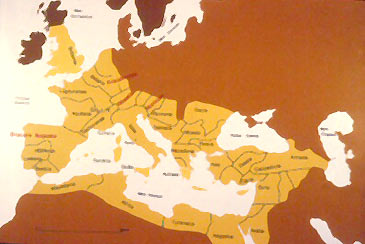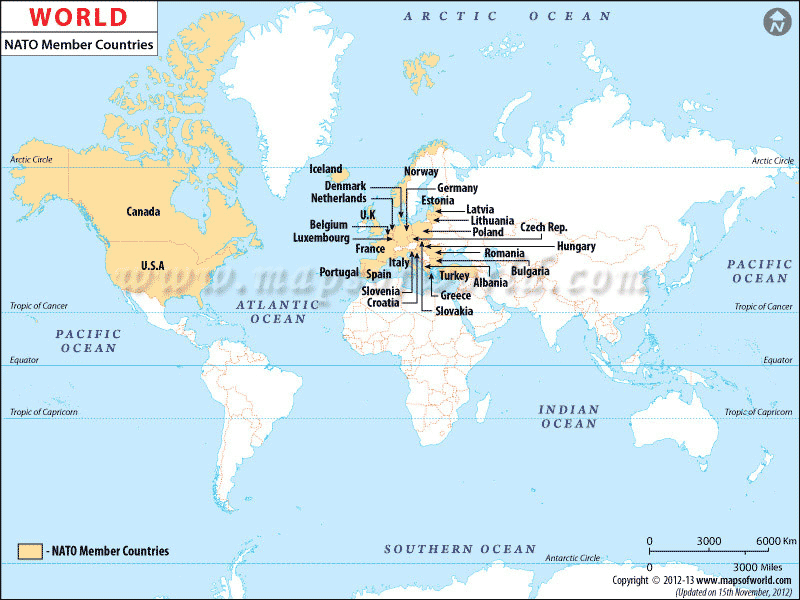- 12 Oct 2008 12:03
#1657185
MB, I have to say on disagree on most of your interpretations. However, it appears our differences are mainly related to the fact you systematically consider raw military power (and, sometimes, raw destruction power) while I consider the real military power, meaning its effectiveness to match the set up goals, limited by democratic constraints.
On Vietnam, whatever would have been possible, this is a loss : the goal was to prevent South-Vietnam to turn communist and they mostly failed since China appropriated many territories from South Vietnam, especially the ones including resources.
On Iraq, the goal was not only to overthrow Saddam but to set up a friendly government which could be used to transform the region. Obviously, there is no guarantee Iraq will become a democratic country, nor that it won't fall into the mullah's hands, nor that it will help USA against terrorism and Iran. And it is very unlikely it will be an ally from USA. I call that a loss.
On navy, I certainly agree it is a powerful and effective fleet, this is why I mentioned that field. However, unless you are highly knowledgeable on this domain, perhaps you should not be so affirmative. The fact is ships can easily be destroyed while submarines can easily hide, this a concern for every modern navy. I don't think it is unreasonable to say numerous countries could be a serious nuisance, when not a fatal one, for US navy in case of an open-out conflict, or become one in a very few years. Besides, be aware since we're talking about a potential hegemony, it means there would not be one enemy to fight but many of them. Finally, I mentioned resources dependency because the navy may be autonomous but the USA are not.
On nuclear power, I think you are totally wrong. First of all, when I said USA could destroy the world, I was obviously not speaking about Earth but civilization. Now, you mentioned USA has the biggest nuclear power. Who cares ? Russia, France, UK, China, India, Pakistan and Israel can eradicate about every people living in USA in a few minutes. This means those countries are as much powerful than USA when we're talking about nuclear option. Now, this assumption neglected the deployment problem, let's say it makes India and Pakistan only half powerful as USA.
Regarding the map, as others mentioned, it only means USA have foreign bases here and there, nothing more, this is certainly not close to hegemony.



















 *
*



